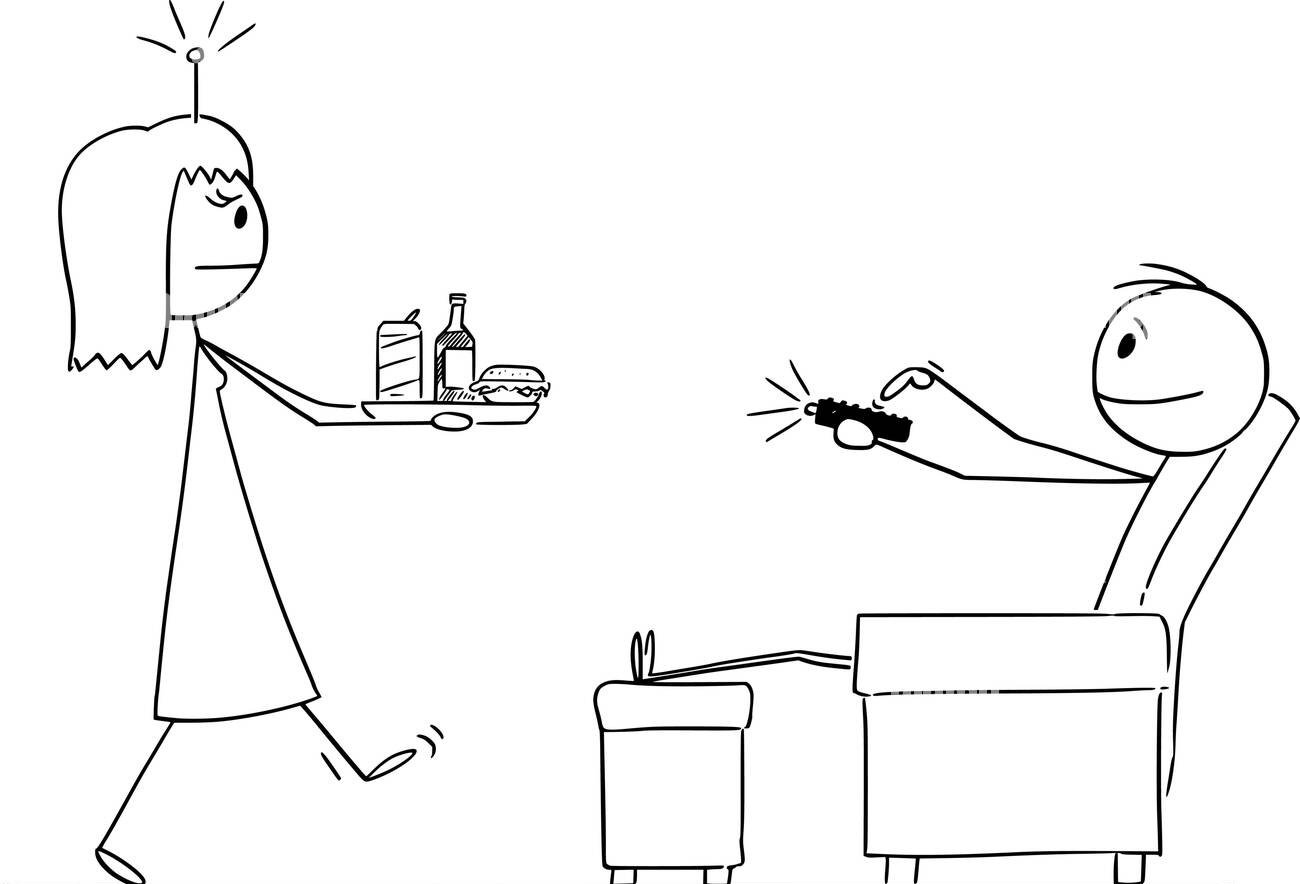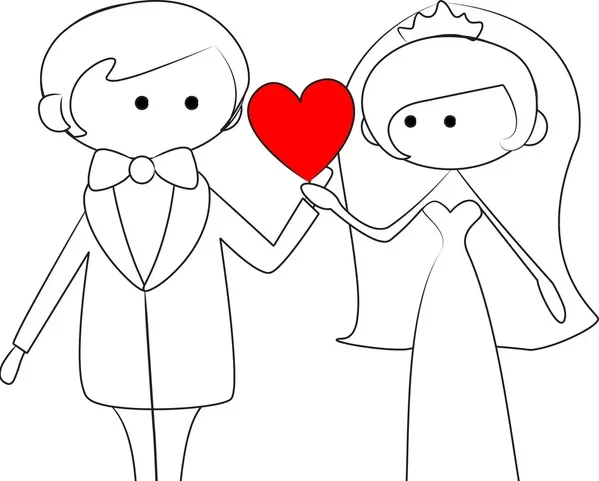Marriage is supposed to be beautiful. A partnership. A shared journey. But what happens when that beauty fades, when love doesn’t protect you, and when the very institution you believed in begins to crumble?
In the thick of my own divorce, my teenage daughter asked me a question that stopped me in my tracks and made me reevaluate everything I thought I knew about marriage.
My Daughter’s Question
Recently, in the middle of my ongoing divorce, my teenage daughter asked:
“Would you get a prenup if you ever got married again?”
I didn’t even hesitate. “Hell yes,” I said.
She replied:
“You keep saying marriage is beautiful, but why even get married just to end up like this? Even if I marry a good man, who knows what life will turn him into? You didn’t think Dad would act like this 18 years ago.
If a prenup is necessary to make it work, why not just sign a domestic partnership and avoid the mess?”
She had a point. A thoughtful, piercing one.
And it broke my heart.
Because despite everything I’ve been through—the disappointment, the financial strain, the burden of solo parenting, and the long, painful battle for accountability.
I still believe in marriage. Or at least, I want to.
When I got married, I was happy. So genuinely, beautifully happy. I had butterflies. It felt sacred. Planning the wedding was exhausting, yes, but the feeling of standing next to someone and saying “I choose you” was something every woman should experience at least once in her lifetime.
Back then, I believed that truth, honesty, transparency, trust, and vulnerability were the foundation of true friendship and commitment. Marriage, I thought, was the place where these things could thrive.
A space that formalized commitment and imposed consequences—a necessary framework for something as unpredictable as human behavior.

But my own marriage defied those beliefs.
My partner lived for himself, made it clear that his money was his, and left me the emotional and physical labor of raising our children. I was tied to his tailbone, co-dependent in a way that cost me deeply.
To escape, I had to tear down the entire house of cards, leaving everyone, especially the children, devastated.
I still believe in the justice system, even though it has failed to hold him fully accountable. I still believe in the institution of marriage, even though I now recognize that it’s not the structure that’s broken, it’s the people.
People do people things. We bring our flaws, trauma, greed, selfishness, and sometimes even our cruelty into sacred places.
And in the process, we damage the very people we vowed to protect.
The Fallout
What I didn’t expect was how much my experience would shape my children’s views, especially my daughters. Their once hopeful view of marriage has turned skeptical, even cynical. They see the mess, the power imbalance, the pain I’m working to recover from. And they’re asking the hard questions our generation didn’t dare ask.
And they’re right to.

So, What Is Marriage Really?
Traditionally, it was simple. Marriage was designed to enable procreation, to create families, to nourish life, and to ensure societal continuity. It was seen as a container for growth and stability, a means to maintain balance and order.
But is it really that simple?
Historically, marriage was never solely about love or emotional connection. It was often an economic and social tool. A transactional partnership intended to grow wealth, consolidate power, and preserve lineage.
Families arranged marriages to maintain status, pass down land, or build business alliances. In many parts of the world, this is still the case today.
What Do Religions Say About Marriage?
Religion adds its own interpretations:
- Christianity presents marriage as a sacred covenant before God, meant for companionship, procreation, and mutual support. Where two people become one in covenant.
- Islam sees it as both a spiritual and contractual union, governed by rights and responsibilities.
- Judaism balances tradition and legality, emphasizing community, family, and obligation.
- Hinduism regards it as a sacred duty. A part of spiritual progression and social order.
Despite differences, all these traditions frame marriage as a communal and moral institution, something that connects families, preserves culture, and offers legitimacy and structure, especially for women and children.

Then Came Love…
The idea of marrying for love is relatively new.
Before the 18th century, love was rarely the basis for marriage. That changed with the Enlightenment and Romanticism, when individual choice, emotion, and personal happiness began to challenge traditional norms.
By the 20th century, love had become central to the idea of marriage in many societies, especially in the West.
Love gave marriage emotional depth. It made the union feel voluntary, fulfilling, and spiritually aligned. It held the promise of joy, partnership, and shared dreams. But it also made marriage fragile, subject to the unpredictable nature of human emotions.
Love Enabled the Institution—but Complicated It Too
• Love made marriage a personal choice, not just a societal expectation.
• But it also introduced idealism; ideas of “soulmates” and “happily ever after” that rarely account for reality.
• Love is a feeling, and feelings shift. When they do, what holds the marriage together?
Love blinded me with rose-colored glasses but did not protect or provide me with marital security.

How Do We Make Marriage Work When Love Isn’t Enough?
Marriage is not just about love.
It’s not just about procreation.
It’s not just about religion, culture, or legality.
Marriage is an opportunity.
An opportunity to build partnership, to share success, to create community, and to support one another through life’s storms and joys.
Without commitment, partnerships collapse. Without structure, dreams wither. Without shared responsibility, someone always carries the greater load—and often, it’s the woman.
But right now, the way we approach marriage is failing. It’s failing our children. It’s failing each other.
So, How Do We Make It Work?
• We start with education, real conversations, not fairy tales.
• We teach emotional maturity, communication, and self-awareness before commitment.
• We share marital challenges openly and truthfully and learn from it.
• We normalize prenups, not as a threat to love, but as a tool for mutual protection.
• We promote shared power and responsibilities—financially, emotionally, and practically.
• We support people when marriage ends, so they can rebuild, not be ruined.
Marriage still matters. It can still be beautiful. But only if we start building it on truth, not tradition alone. On accountability, not just affection. On wisdom, not just wishes.
Because love—while powerful—is no longer enough.
What do you believe marriage should be, and what would it take to make it work in today’s world? Share your thoughts in the comments. Let’s talk.




